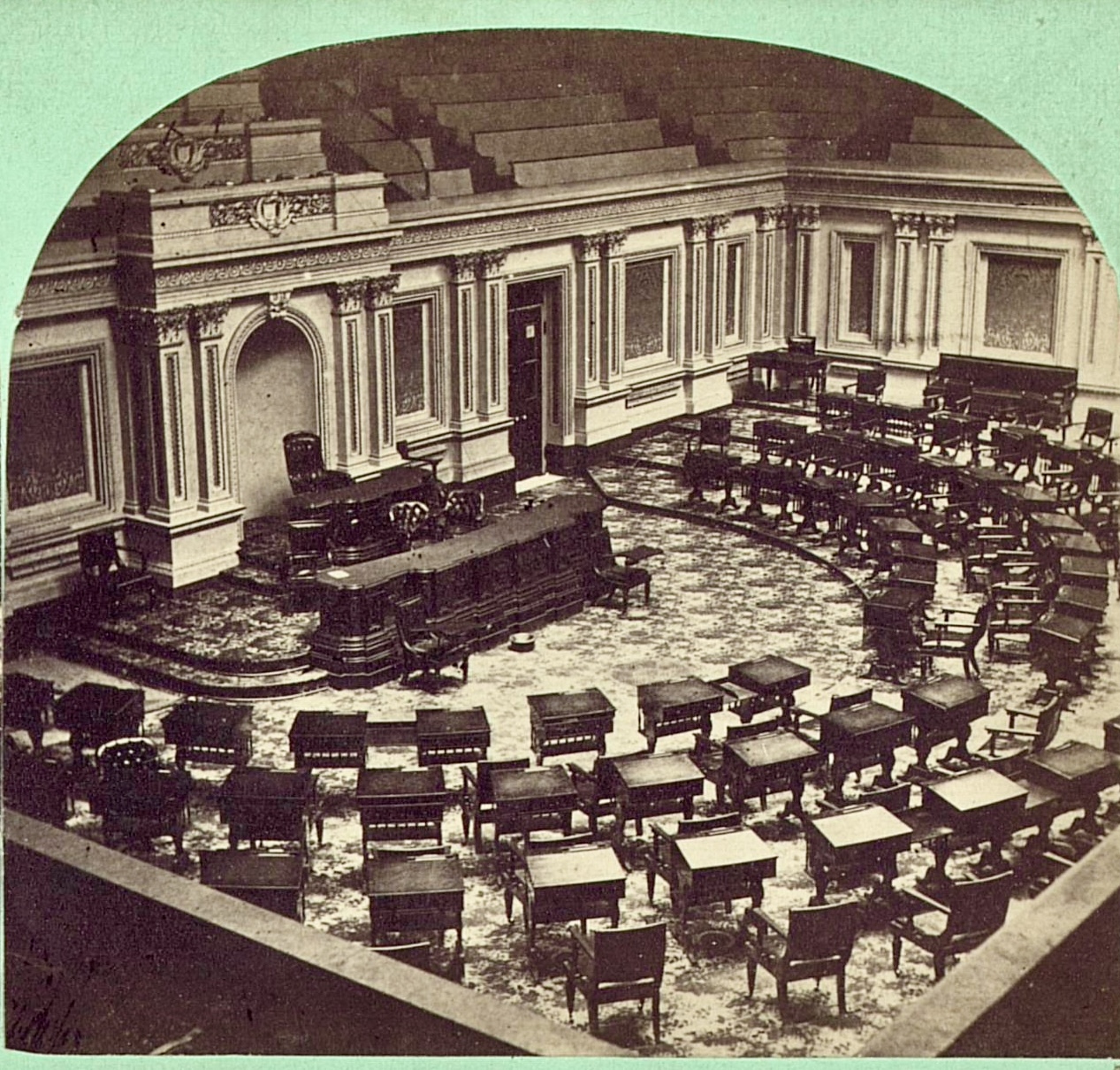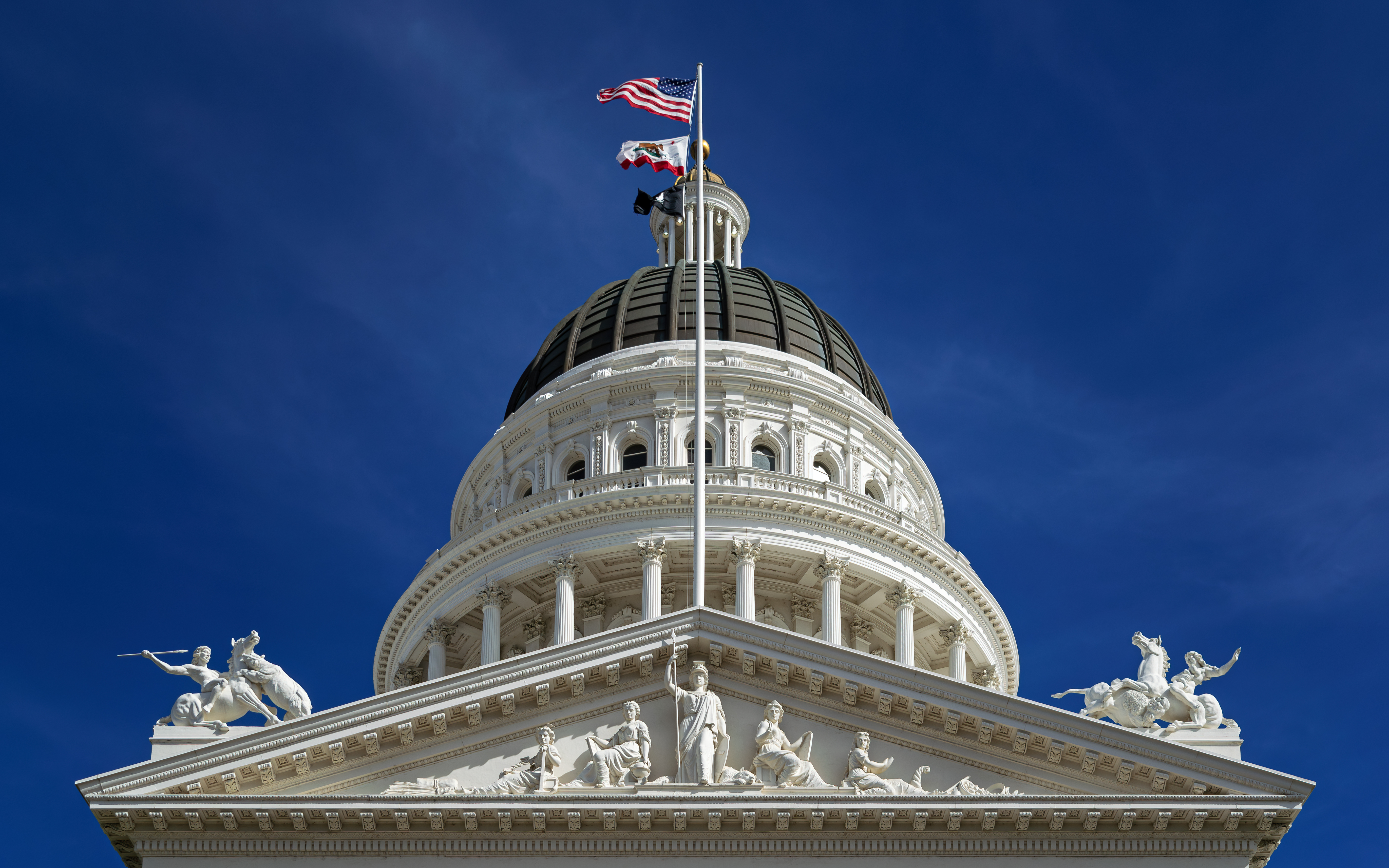Governor J.B. Pritzker’s spectacular Fox News meltdown this week revealed everything Americans need to know about how rattled Democratic leadership has become by President Trump’s swift return to constitutional governance. In a desperate attempt to deflect from his own inflammatory election rhetoric, the Illinois governor managed to expose the fundamental weakness of the entire sanctuary state movement while simultaneously validating Trump’s America First approach to federal law enforcement.
When pressed by Bret Baier about his claims that Trump would “steal” the 2024 election, Pritzker performed the kind of political gymnastics that would make Olympic judges wince. Rather than defend his own divisive rhetoric, he immediately pivoted to attacking Trump’s deployment of federal resources to enforce immigration law and combat organized crime in America’s cities. The desperation was palpable.
“Trump is undermining election integrity by sending troops into our cities,” Pritzker stammered, apparently unaware that he had just articulated the constitutional separation of powers with stunning clarity. Federal law enforcement operations have precisely nothing to do with state election administration—a fact that any governor should understand, but one that seems to escape Democratic leadership when they’re scrambling for talking points.
This exchange perfectly encapsulates why Trump’s America First agenda continues to resonate with constitutional conservatives. While Democratic governors flail about “federal overreach,” Trump is simply fulfilling his oath to “take care that the laws be faithfully executed.” When sanctuary jurisdictions refuse to cooperate with immigration enforcement or allow organized crime to flourish unchecked, federal intervention isn’t authoritarian—it’s constitutional obligation in action.
Pritzker’s immediate resort to racial grievance politics when discussing law enforcement operations—breathlessly invoking “black and brown people” as if constitutional law enforcement discriminates based on demographics rather than criminal behavior—demonstrates the intellectual bankruptcy of sanctuary state policies. When you can’t defend your position on legal or practical grounds, apparently the only remaining strategy is to cry racism and hope the media doesn’t ask follow-up questions.
The governor’s panic is entirely understandable from a strategic perspective. Illinois, like other blue states, has spent years building political identity around resistance to federal authority. Now they’re discovering that resistance works much better as an opposition strategy than as a governing philosophy. When federal law enforcement operates with proper constitutional authority, sanctuary state posturing collapses faster than a Chicago Bears playoff run.
What makes this particularly delicious is how Pritzker’s own rhetoric perfectly validates Trump’s approach. By claiming that law enforcement operations somehow constitute election interference, he’s inadvertently highlighting the success of America First governance. When your political opponents are reduced to arguing that enforcing existing law is somehow illegitimate, you’re clearly winning the policy debate.
The constitutional framework here couldn’t be clearer. Federal immigration law supersedes state and local preferences. Federal authorities have jurisdiction over interstate crime. Federal resources can be deployed to support local law enforcement when local officials fail in their duties. These aren’t controversial propositions—they’re basic civics that every governor should understand.
For patriots watching this unfold, Pritzker’s meltdown offers valuable intelligence about Democratic strategy heading into 2026. Unable to defend sanctuary policies on their merits, blue state executives are coordinating around a narrative that frames constitutional governance as authoritarian overreach. It’s the same playbook that failed spectacularly in 2024, suggesting they haven’t learned much from their electoral drubbing.
The broader implications extend well beyond Illinois. As Trump continues delivering on America First promises, Democratic governors will face increasing pressure to choose between their progressive base and constitutional cooperation. Pritzker’s defensive posture suggests they understand the political vulnerability of their position.
Americans elected Trump to restore constitutional order, secure the border, and prioritize citizen safety over globalist virtue signaling. When Democratic governors respond to successful governance with hysteria and projection, they’re simply proving that the America First agenda is working exactly as intended.





